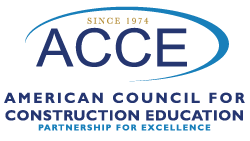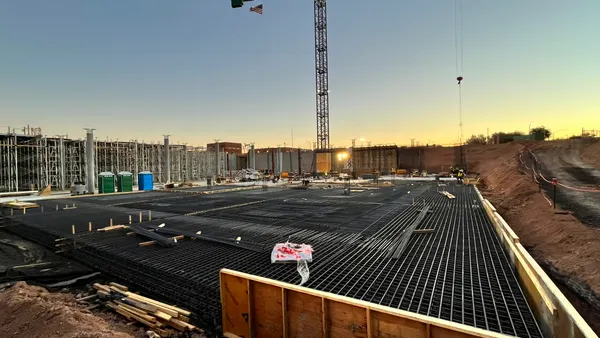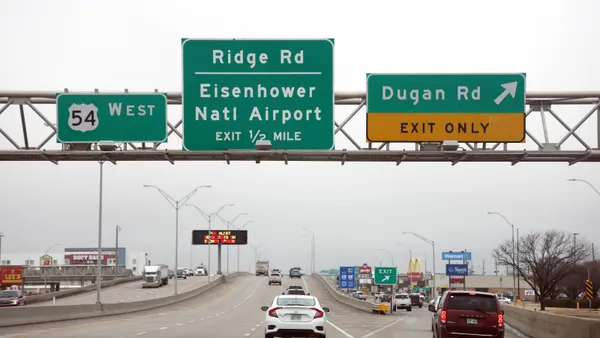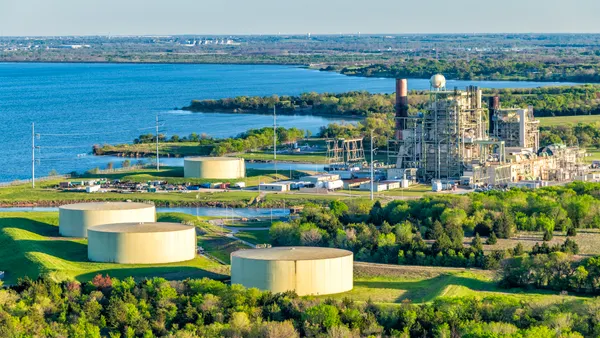Dive Brief:
-
Speaking to a gathering of members of the American Association of State Highway and Transportation Officials (AASHTO), Transportation Secretary Elaine Chao said Congress would likely not take up the issue of infrastructure until it was finished with tax reform, the AASHTO Journal reported.
-
Some industry groups and highway transportation advocates hope changes to U.S. tax policy will allow for increased allocations to the Highway Trust Fund, which supports state infrastructure programs and is set to run dry by 2020.
-
Until a formal infrastructure program can be worked out, Chao said, the Department of Transportation is streamlining regulations, particularly around environmental reviews, and funding projects through the Infrastructure for Rebuilding America (INFRA) and Transportation Investment Generating Economic Recovery (TIGER) grant programs.
Dive Insight:
The construction industry and lawmakers alike are awaiting final details of President Donald Trump's $1 trillion infrastructure plan. The only specifics that have been publicized so far are that the administration wants to kick off the program with $200 billion of direct spending, which is intended to spur enough private investment to cover the remainder.
However, the president recently told a group of lawmakers that P3s are "more trouble than they're worth" and indicated that the model would not be a significant part of his infrastructure initiative. This contradicts the administration's and Trump's stated positions since the 2016 presidential campaign.
Meanwhile, private entities in the U.S. continue to explore the use of P3s. One of those groups is the Port Authority of New York and New Jersey. The private-sector consortium LaGuardia Gateway Partners (LGP) is engaged with the Port Authority in a $4 billion P3 effort to overhaul LauGuardia Airport's Central Terminal B. LGP says the entire project is worth $5.1 billion and is the largest P3 in U.S. aviation history.
The Port Authority also intends to use a $7 billion P3 to carry out a $10 billion improvement program at the John F. Kennedy International Airport, in New York City. It recently hired a master-planning consortium, led by Mott MacDonald, to firm up the details. The anticipated changes at JFK include connecting the existing terminals; redesigning airport infrastructure; creating fine dining, luxury retail and conference and meeting space; as well as adding new security and other improvements.












